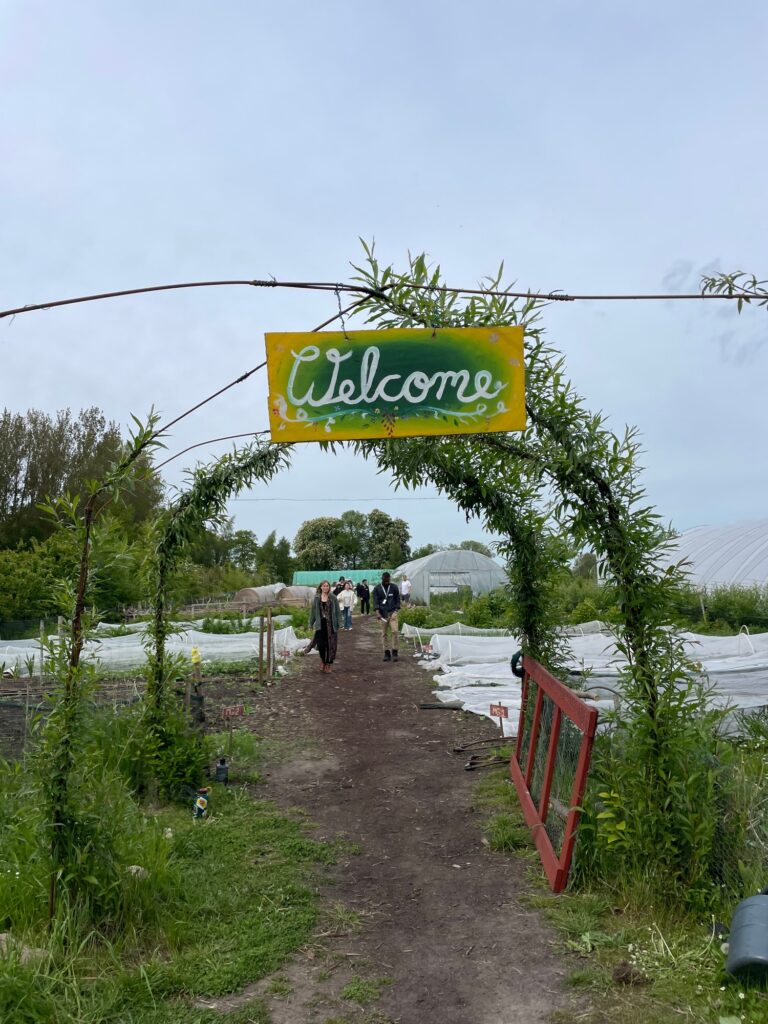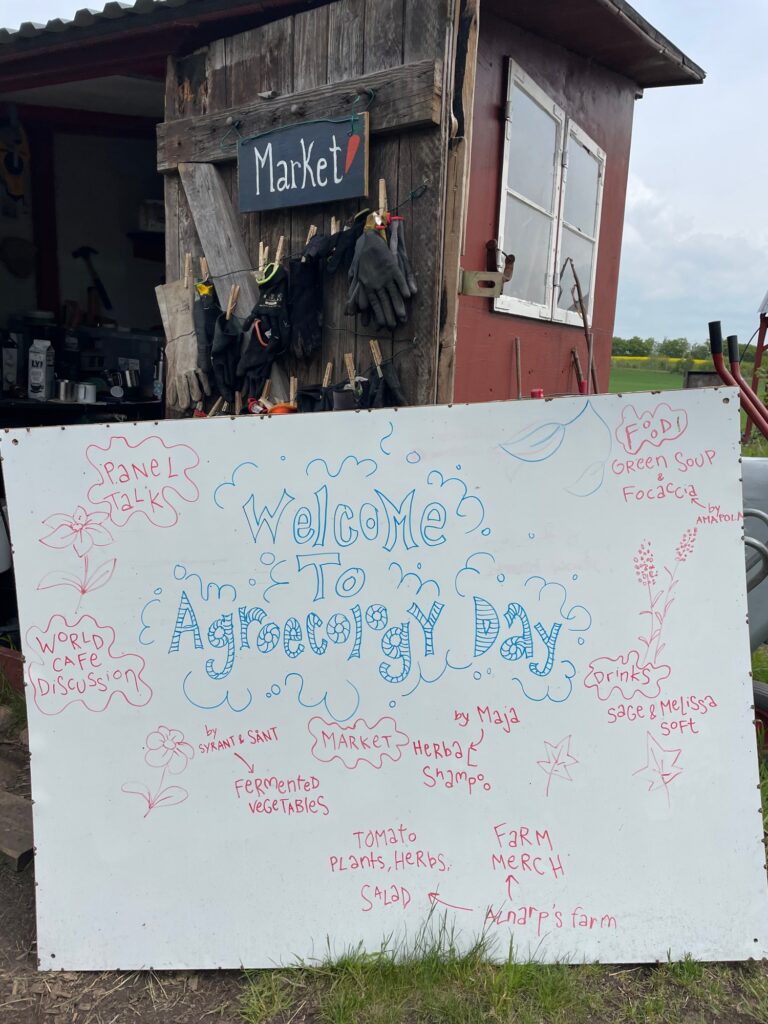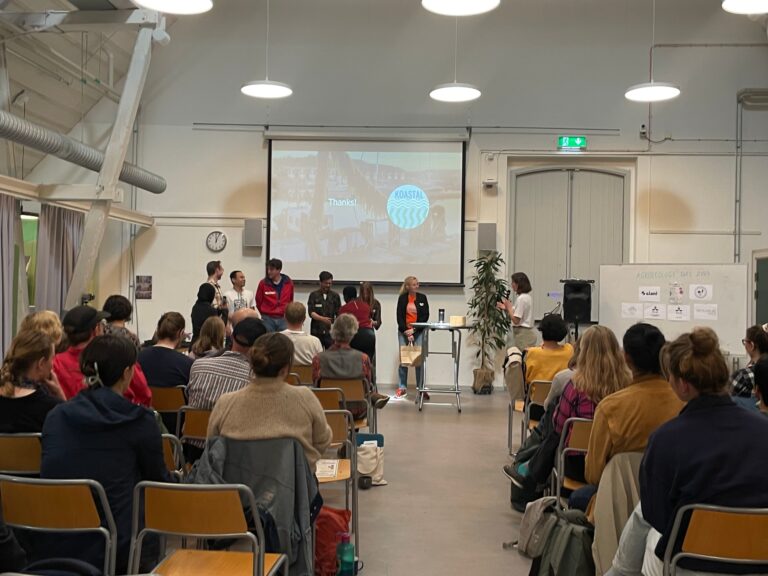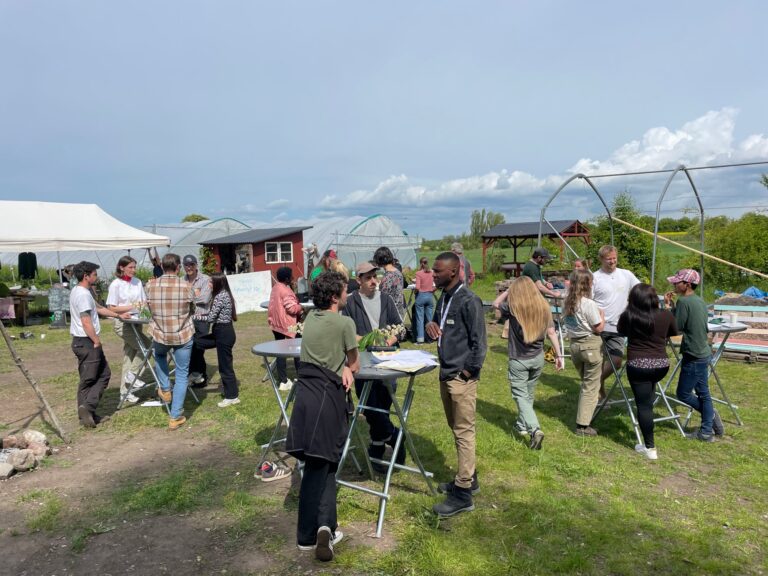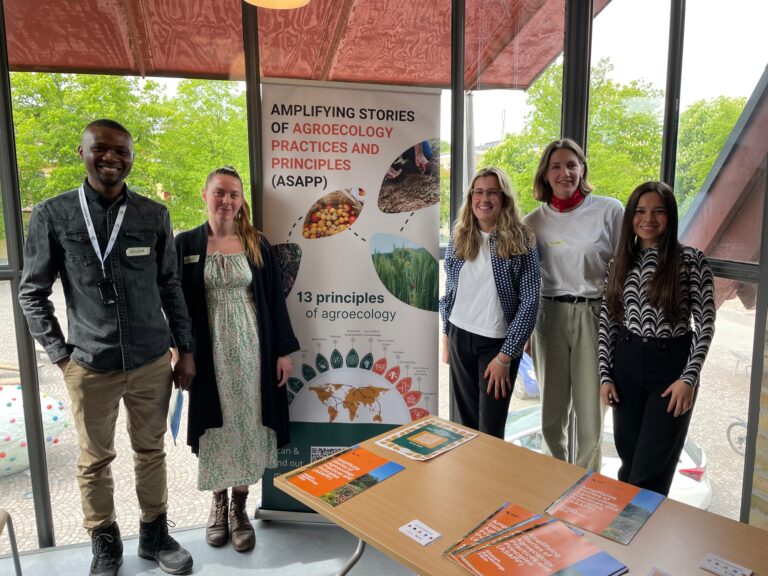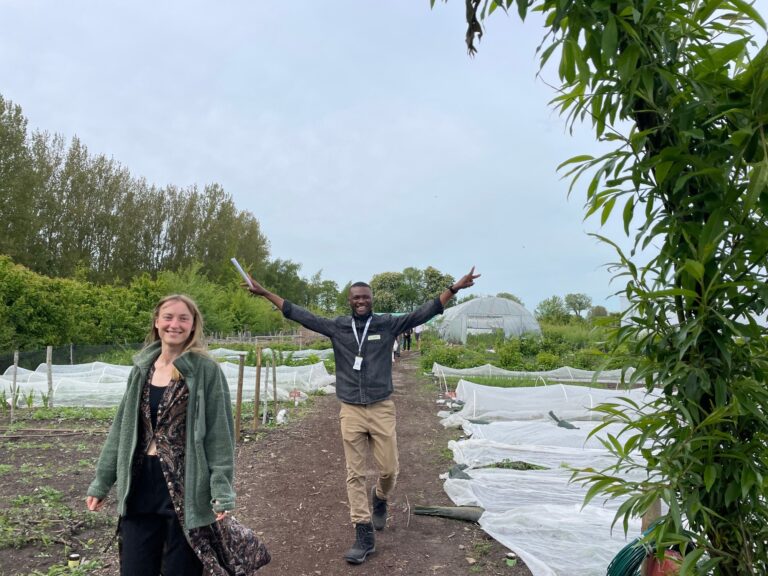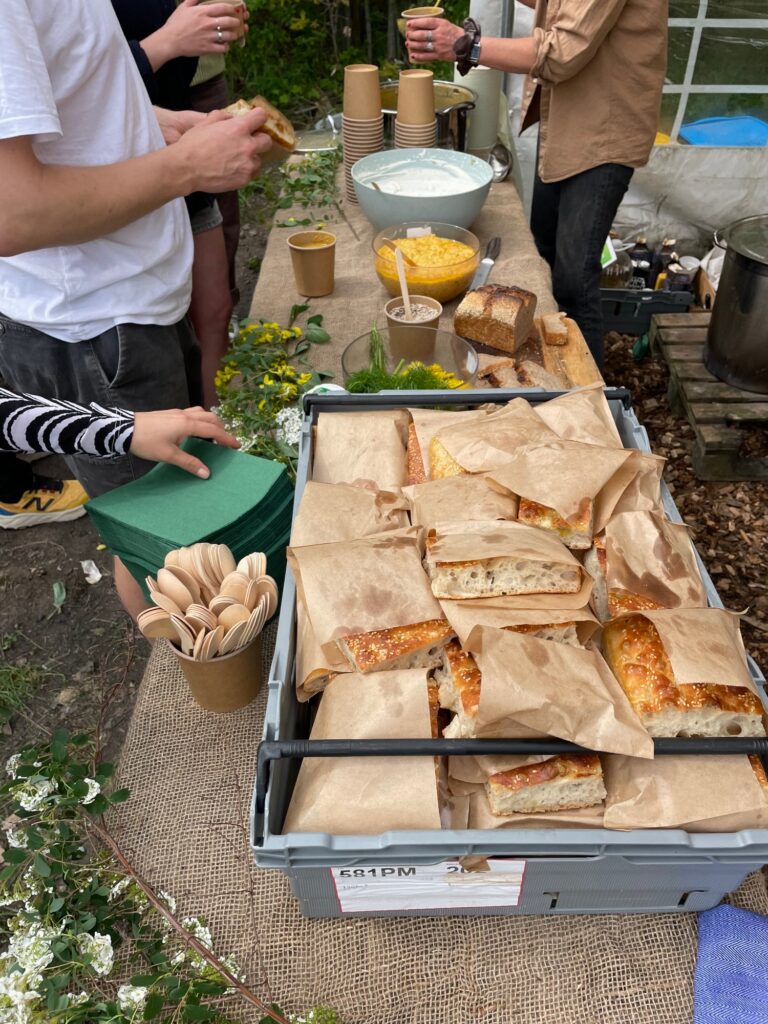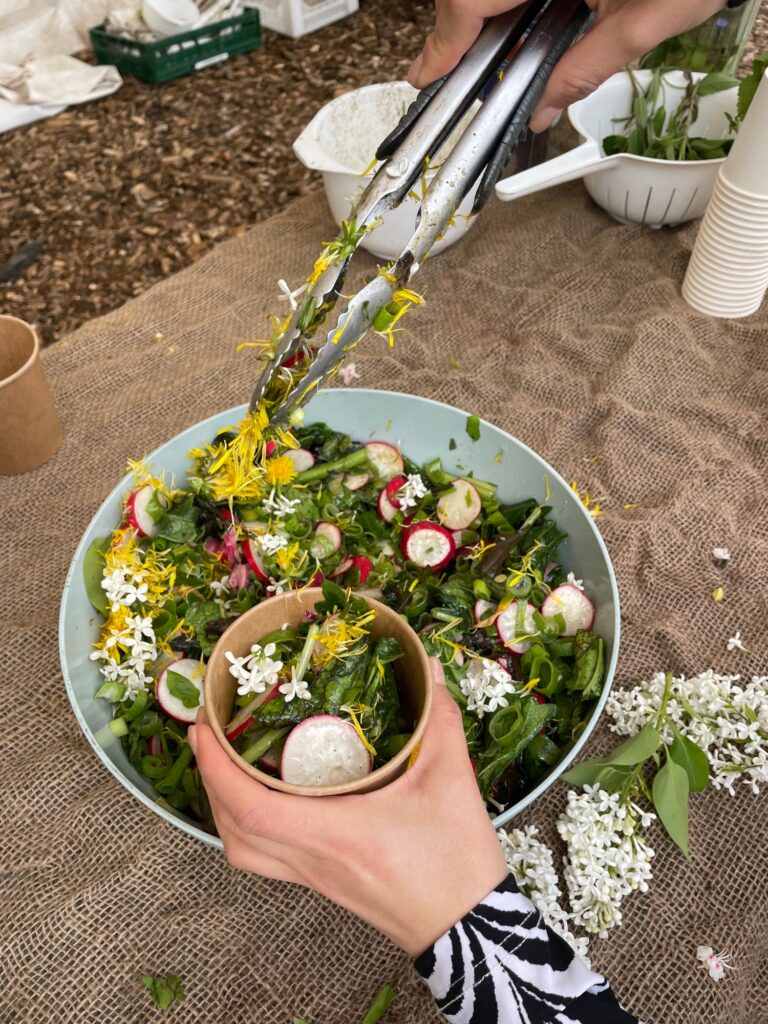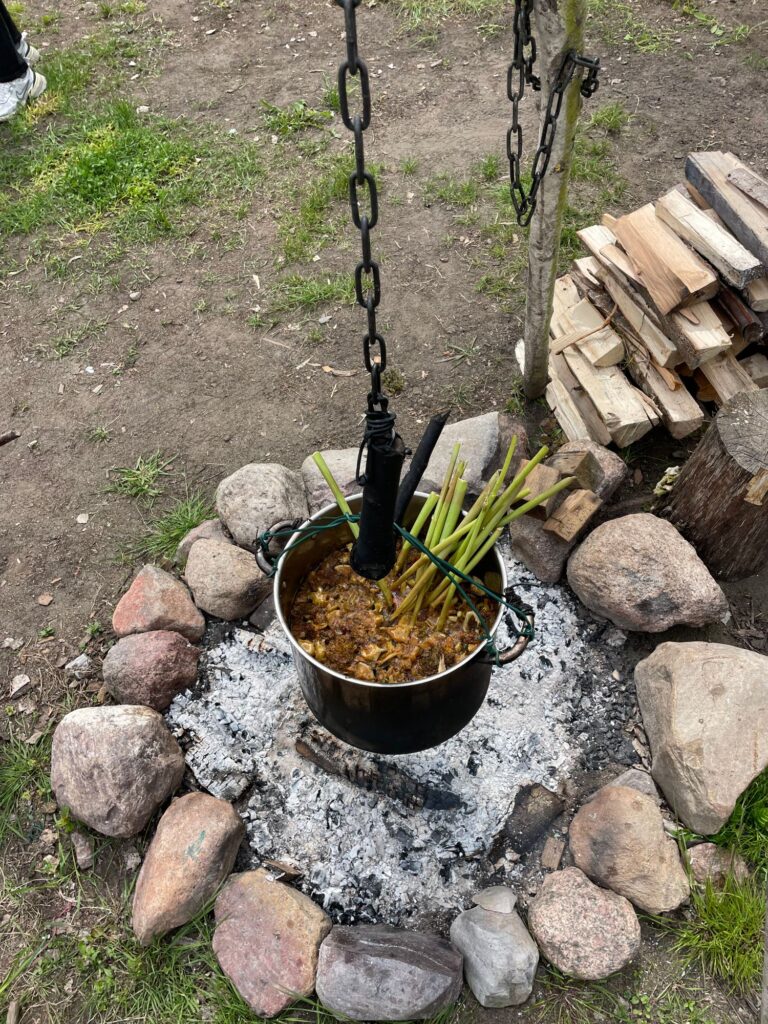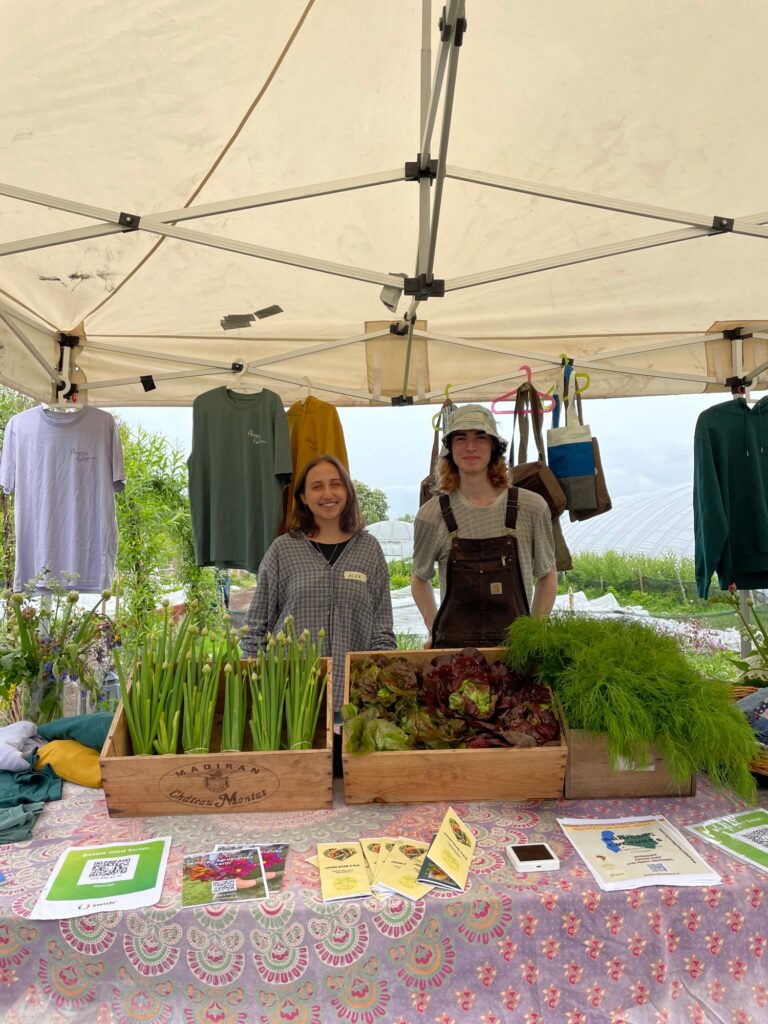Authors: Wisdom Ezechi (Agroecology student SLU Alnarp) and Lovisa Hast (Intern at SIANI)
Agroecology is a movement that seeks to reimagine agriculture as more than production alone, but as a system that integrates environmental, economic, and social dimensions of sustainability. Agroecological practices such as diversified cropping systems, agroforestry, aquatic food production, and holistic sustainability approaches are gaining traction globally as viable responses to today’s most pressing agricultural and environmental challenges. However, for these approaches to move from small-scale innovation to broader impact, stronger linkages between academic research, farmer-led initiatives, and policymaking are required. Agroecology Day 2025 “From Research to Practice: Scaling Agroecological Solutions,” set out to forge those links across disciplines and sectors.
